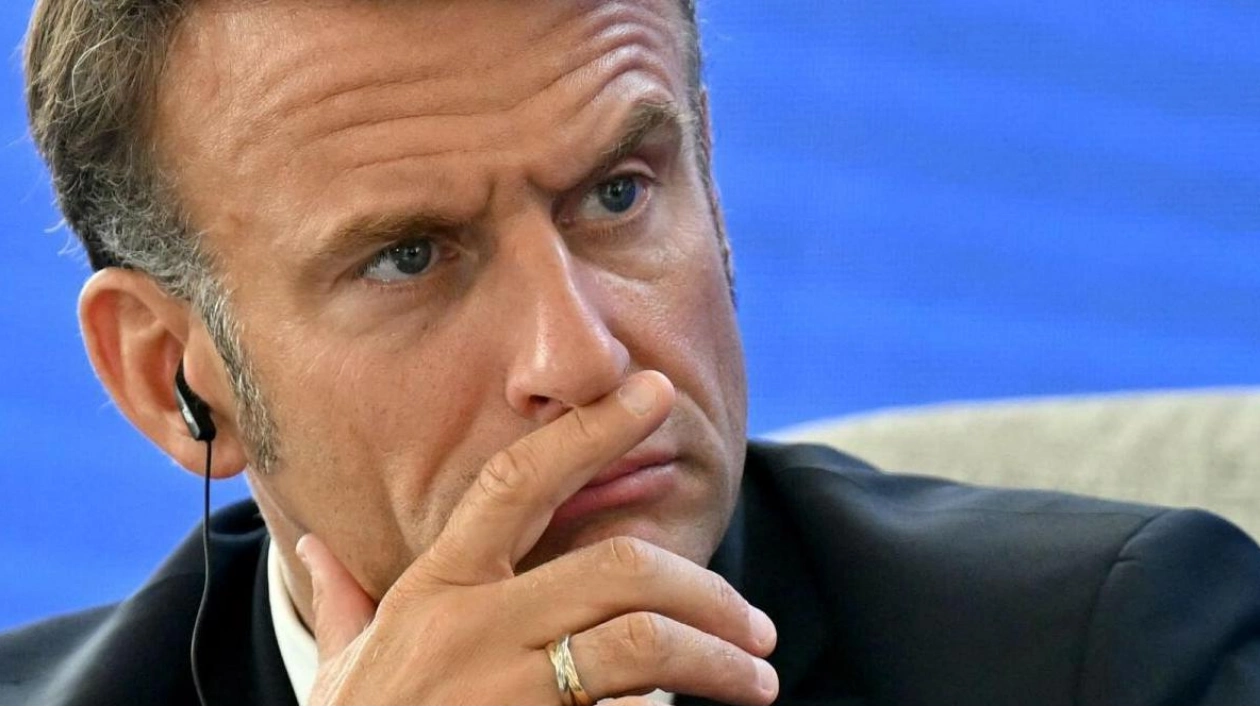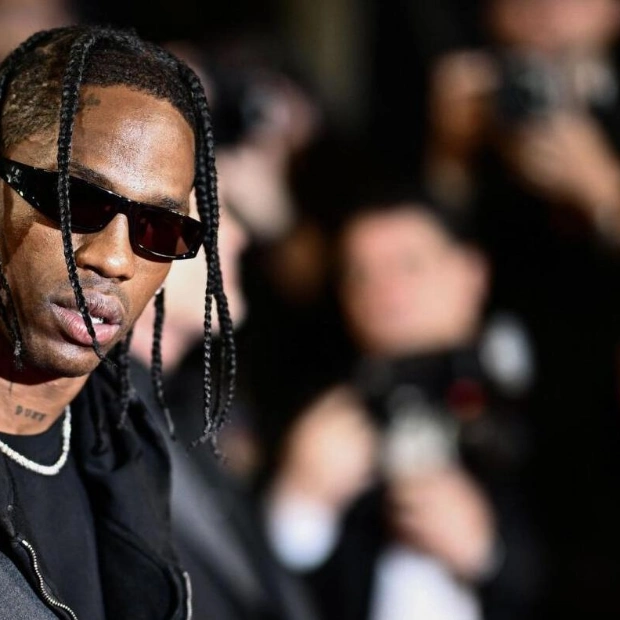French President Emmanuel Macron stepped up his search for a new prime minister on Monday, following nearly two months of stalemate after the indecisive legislative elections. He met with two former presidents and two potential candidates. France has lacked a permanent government since the July 7 legislative elections, where the left emerged as the largest faction in a hung parliament, alongside Macron's centrists and the far right as the other major groups. Macron has rejected the nomination of a left-wing prime minister, claiming such a figure would not survive a confidence vote in parliament. Instead, he has used the time since the Olympics and Paralympics to delay, causing increasing frustration among his opponents.
On Monday, Macron met with Bernard Cazeneuve, a former leading Socialist who served as the government head during the final months of Socialist Francois Hollande's 2012-17 presidency. Cazeneuve is considered by commentators as the most likely candidate for the position, but his appointment is not guaranteed. A source close to Macron stated that Cazeneuve's appointment is a possibility but not a certainty. Cazeneuve, who has served as interior minister during the 2015 Paris attacks, is respected across the political spectrum and is seen as a unifier. However, the hard-left France Unbowed party expressed skepticism about his chances.
Macron also planned to meet with his two surviving predecessors, Nicolas Sarkozy and Hollande, for consultations. This is a traditional practice during significant national moments. Meanwhile, Macron was also scheduled to meet with Xavier Bertrand, a right-wing figure who would be more acceptable to the right as a prime minister. Sarkozy has expressed his preference for Bertrand over Cazeneuve, arguing that the political center of gravity in France is on the right. The appointment of a former prime minister could be seen as a regression for Macron, who came to office promising radical change.
The chosen candidate will face the challenging task of passing legislation in a highly polarized National Assembly amidst significant challenges. An October 1 deadline looms for the new government to submit a draft budget law for 2025, which the current caretaker administration cannot handle. France's debt has reached 110 percent of annual output, leading to a credit rating cut from Standard and Poor's in June and criticism from the European Commission for excessive deficits.






